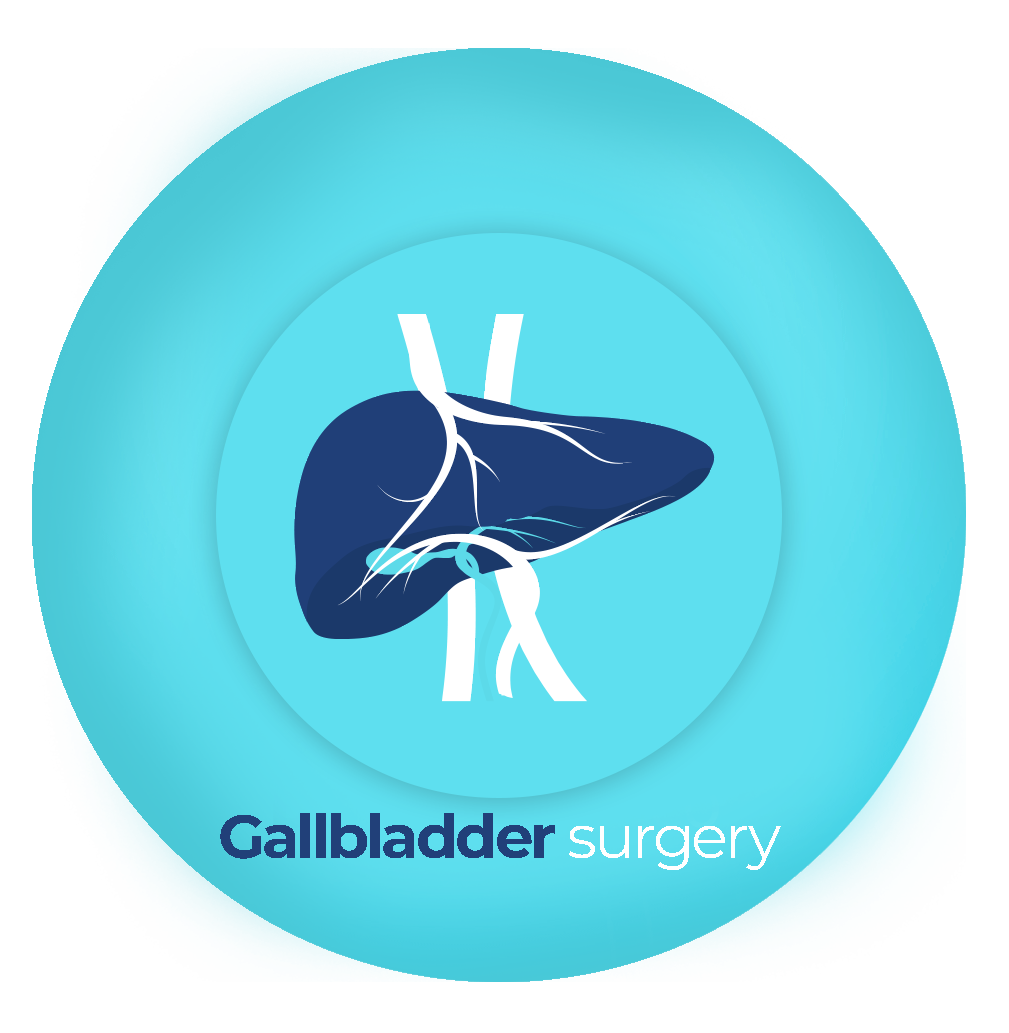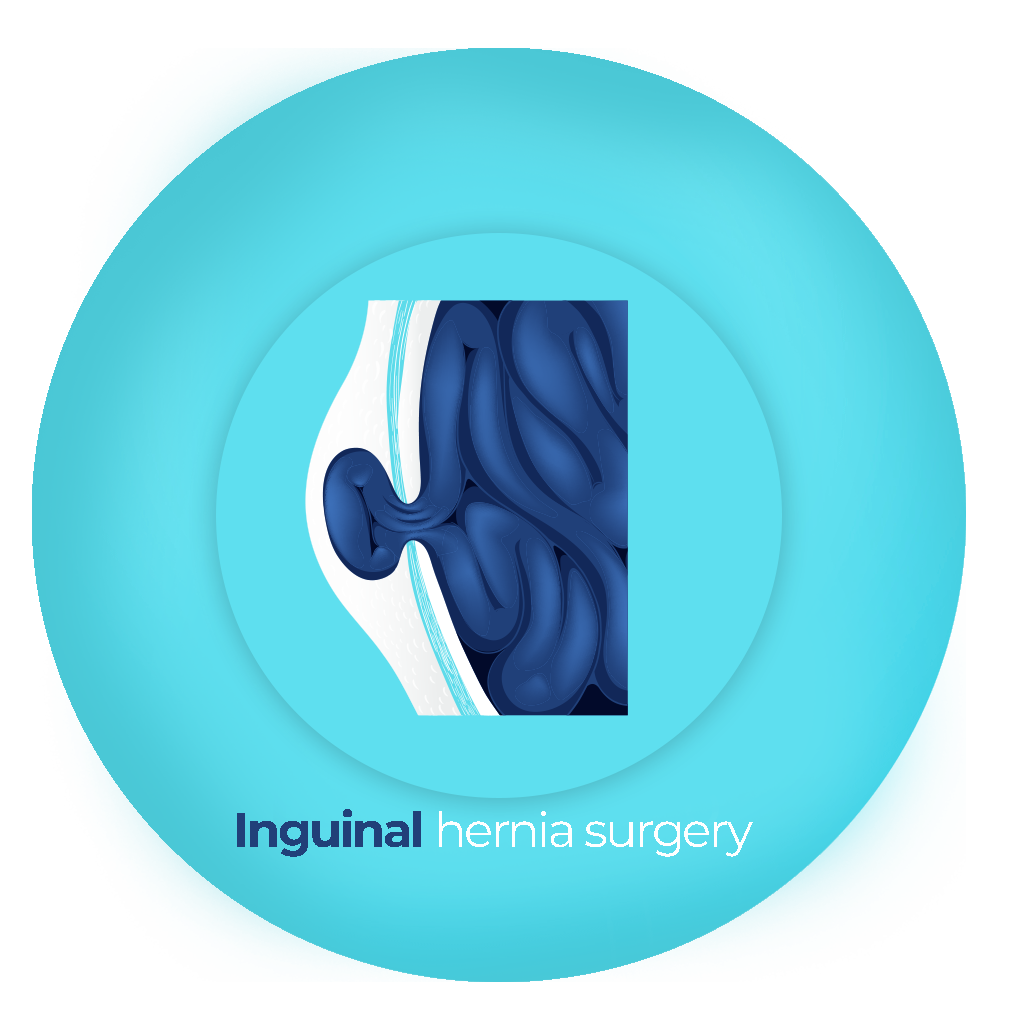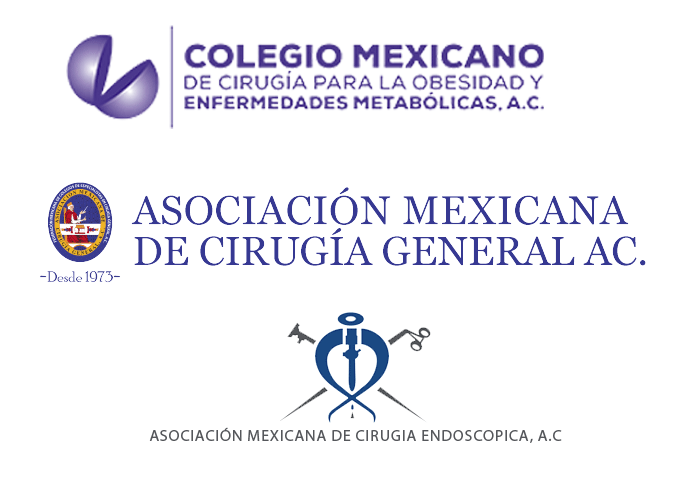LAPAROSCOPIC SURGERY
Minimal invasive surgery is the method of performing surgery through small incisions, using high-tech miniature imaging systems, to reduce surgical trauma.

Gallbladder surgery
The accumulation of bile salts, calcium and cholesterol , which are formed over the years, cannot be undone and prevent the emptying of the gallbladder, inflaming it and causing the disease known as chronic lithiasic cholecystitis.
Its presence is the main cause of pancreatitis and choledocholithiasis (obstruction of bile outflow to the small intestine).
The only real option to treat the presence of stones in the gallbladder and prevent its complications is its surgical removal.

Antireflux surgery
It is common for the disease to coexist or be worsened by the presence of a hiatal hernia (in more than 90% of patients).

Inguinal hernia surgery
Currently laparoscopic surgery in the treatment of inguinal hernia is the most effective and with the lowest recurrence rate.
Location:
Av. Campillo #86 Edificio Irazola, Piso 1-02 Consultorio 6, Nogales.
Consultation hours:
Monday to Friday from 9:00 am – 18:00 hrs.
Saturday of 09:00 a 14:00 hrs.
WhatsApp: +52 668 250 3384
Associations

We accept various types of payment

